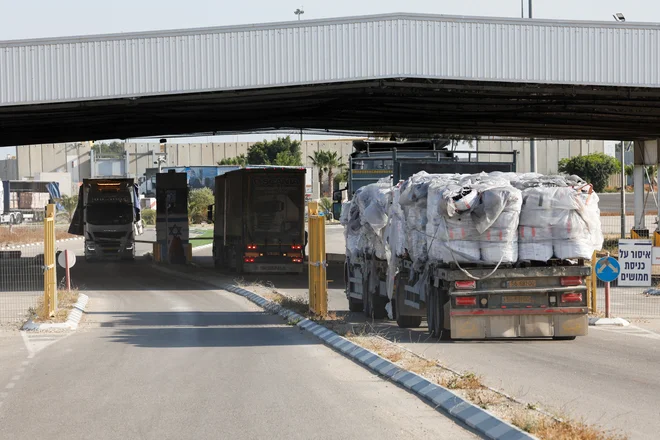The proposal of the PSOE for regularization: authorizations of one year and without conditioning them to a employment contract | Spain
The government’s offer to carry out in Congress an extraordinary regularization is more generous than many of its interlocutors expected. « Not even in our best dreams, » exclaim who has dedicated years to this initiative to prosper. The Secretary of State for Migration, Pilar Cancela, met on Wednesday with several parliamentary groups to raise them The requirements for immigrants who opt for this regularization: Demonstrate that they have been in Spain for at least a year, that they give up their requests if they are asylum applicants, that they do not have a criminal record, that they do not have an order of return and that they do not involve a risk to national security. It is proposed to give a residence and work permit for a year without demanding prior contract, although there is still negotiation ahead.
The conditions remind those applied for the recent regularization of the 23,000 immigrants who were affected by the Dana last October. As in the case of Valencia, the idea is that those authorizations of one year (plus the minimum year that they are required to have been in Spain) serve as a shuttle so that immigrants are later re -re -re -enforced with the conventional roads of regularization, such as the different types of roots, which requires two years of stay in Spain.
The meetings follow each other at full speed because this is now a priority issue for the Government. The PSOE, who was never in favor of the Popular Legislative Initiative (ILP) with which he sought to regularize almost half a million people, He has just erected as his main Adalid. There has not been an ideological change, but practical. The measure will serve as a « catwalk » to rescue the tens of thousands of people, Especially asylum seekers, which will be harmed by the new Foreigner Regulation that came into force on Tuesday.
The migration proposal is very flexible, even more than that raised by José Luis Rodríguez Zapatero in 2005 in which a employment contract was required. The aspiration of the socialists is that since it is committed to regularization that serves as many immigrants as possible, which puts the accountant to (almost) zero. And yet there will be profiles that stay out.
At the moment, it remains on December 31, 2024 as the cutting date, that is, that it will only benefit those who were in Spain until that day and who, in addition, have been at least one year in the country at the time they request their regularization.
This temporal framework is also negotiable, but parliamentary sources have warned at the last meeting that “for legal certainty” the Ministry of Migration prefers not to touch it. In principle, those interested will have six months to request their authorizations once the measure enters into force.
The government now needs to reach an agreement to ensure that a majority of deputies vote in favor of approved the ILP of regularization. He is in a hurry because he wants to vote in June, before summer paralishes any initiative and that other priorities are imposed in autumn. The measure already has the support of the most progressive arc in Congress, but the position of Junts, PNV and the PP is not clear. The three voted in their day, in April 2024, in favor of the ILP being processed, but they are not in favor of generalized regularization. « His hurries are not our haste, » warns El País a deputy who participates in the negotiations. « They want it now. They are in a hurry; what I am not sure is that they have the votes, » another announced.
The PP already announced through its spokesman, Miguel Tellado, who does not think Give a « blank check » to the government. The popular were in favor of limiting the impact of regularization, cutting the temporal framework and conditioning it to employment contracts. Due to the demonstrations of their deputies, it does not seem that the popular are willing to yield, but the government trusts an abstention from the pressure of the Church and, above all, the entrepreneurs (through the Spanish Confederation of Business Organizations), main interested in regularizing potential workers.
In the case of Junts, the negotiation promises to be agonized. Parliamentary sources interpret that the independentistas will condition their support to unlock the processing in the Congress of the Delegation of Imigration Competencies that agreed with the Government at the beginning of last March. Here the influence of Catalan businessmen will also be important.
The PNV looks like a less hard to gnaw bone, but its deputies have also defended that regularization must be conditioned to employment contracts. Their position is flexible, they could even give up contracts, but knowledgeable sources of the negotiation explain that for the party it is important to specify “the causality” that justifies the regularization in each case. That is, it is not to grant authorizations for all, but to specify those profiles (asylum seekers, families with children, people with disabilities …) to whom the measure is addressed.








